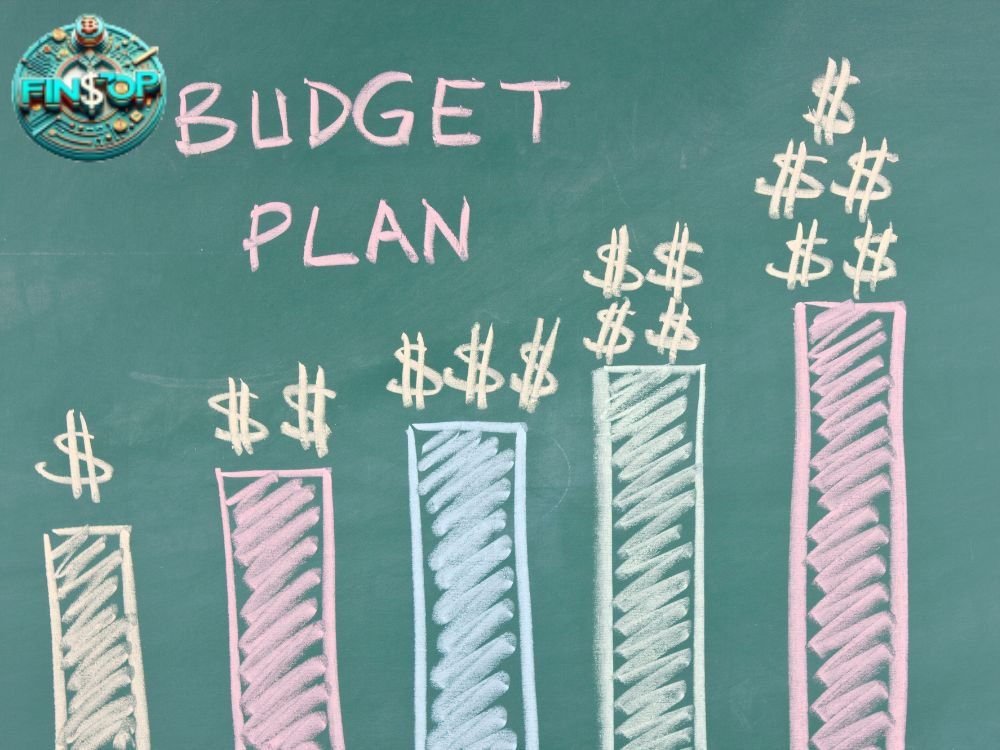The Basics of Saving and Budgeting
Effective saving and budgeting are fundamental components of financial health and stability. These practices enable individuals to manage their finances, achieve their financial goals, and prepare for unexpected expenses. Whether you’re just starting your financial journey or looking to refine your strategies, understanding the basics of saving and budgeting is essential. This article explores the foundational principles and practical tips to help you get started.
Why Saving and Budgeting Matter
-
Financial Security:
- Saving and budgeting provide a safety net for unexpected expenses, such as medical emergencies, car repairs, or job loss. Having a financial cushion can reduce stress and provide peace of mind.
-
Goal Achievement:
- Whether you’re saving for a down payment on a house, a vacation, or retirement, budgeting helps allocate funds toward these goals systematically. It ensures that you are on track to meet your financial objectives.
-
Debt Management:
- Effective budgeting allows for better debt management by allocating funds for debt repayment, thus reducing the burden of interest payments and improving credit scores.
-
Spending Awareness:
- Budgeting increases awareness of spending habits, helping identify areas where you can cut back and save more.
The Basics of Saving
-
Set Clear Goals:
- Define your short-term and long-term financial goals. Short-term goals might include saving for an emergency fund or a vacation, while long-term goals could involve saving for a home, education, or retirement.
-
Create an Emergency Fund:
- An emergency fund is crucial for financial security. Aim to save three to six months’ worth of living expenses in a readily accessible account. This fund is specifically for unexpected expenses, ensuring you don’t need to rely on credit cards or loans.
-
Automate Savings:
- Make sure your savings are consistent by automating them. Monthly transfers should be set up to go straight from your checking to your savings. Because of this, you will be more likely to save regularly and less likely to squander it.
-
Take Advantage of High-Yield money Accounts:
- If you want to maximise your interest earnings, put your money into accounts that offer a high yield. If you are looking for a better interest rate, you might want to check out an online bank.
-
Keep an Eye on Things and Make Good Adjustments:
- Assess your savings objectives and advancement on a frequent basis. If you want to keep saving or if your financial situation changes, you can adjust your savings plan as needed.
Getting Started with Your Budget
-
Keep Tabs on Your Money:
- Knowing your income and expenses is the first step in creating a budget. Keep a record of every dollar that comes in and every penny that goes out (e.g., housing, groceries, entertainment). Consider using a budgeting app, a spreadsheet, or even just pen and paper.
-
Organise Costs:
- Sort your spending into two groups: fixed (such rent and utilities) and variable (like food and eating out). Finding places to cut costs is easier with this tool.
-
Establish a Budget:
- Create a practical budget by analysing your income and expenses. Make sure that your total spending does not surpass your income by allocating dollars to each area. Make sure your budget has a savings section.
-
Adhere to the 50/30/20 Rule:
- As far as budgeting goes, the 50/30/20 guideline is well-liked. Split your income as follows: 50% goes towards necessities (rent, food, transportation, etc.), 30% towards wants (going out to restaurants, entertainment, etc.), and 20% towards savings and paying off debt. Take into account your financial objectives and current status when adjusting these percentages.
-
No More Needless Expenses:
- Figure out what you are spending money on and get rid of it. Over time, even little adjustments, like brewing coffee at home instead of buying it every day or cutting back on subscription services, can have a significant impact.
-
Continually evaluate and modify:
- Check that your budget is still in line with your financial objectives and make any required adjustments on a regular basis. Life events like moving or starting a new career may necessitate changes to one’s financial plan.
Advice for Achieving Your Goals
-
Use budgeting tools:
- Keep tabs on your income, spending, and savings with the use of budgeting applications and tools. Personal Capital, Mint, and YNAB (You Need A Budget) are just a few apps that may streamline the process and give you great insights.
-
Be Practical with Your Objectives:
- Think about how long it will take you to reach your financial objectives and be realistic about it. In order to stay motivated and feel accomplished, it is helpful to set attainable goals.
-
Maintain Discipline:
- Being frugal demands self-control. When you feel the want to spend more than you have, remind yourself of your budgetary goals and resist the urge.
-
Acquire financial literacy:
- Keep oneself updated on personal money matters through ongoing education. To gain a better grasp and make smarter choices with your money, read books, enrol in online classes, and follow the advice of financial professionals.
-
Get some expert opinion:
- Talk to a financial counsellor if you need help navigating complicated financial problems or are not sure where to begin. Based on your specific financial circumstances, they can offer tailored advice.
The Basics of Saving and Budgeting
If you want to be financially secure and accomplish your financial objectives, you must learn the fundamentals of saving and budgeting. Building a sound financial foundation requires defining clear goals, keeping track of income and expenses, and maintaining a disciplined approach. Staying consistent and reviewing your budget often are the keys to successful saving and budgeting. You may gain mastery over your financial situation and ensure your financial security with the correct methods and resources.
This Article is sponsored by Living Animal & Living Animal Info










I would like to thnkx for the efforts you have put in writing this blog. I am hoping the same high-grade blog post from you in the upcoming as well. In fact your creative writing abilities has inspired me to get my own blog now. Really the blogging is spreading its wings quickly. Your write up is a good example of it.
Very interesting info!Perfect just what I was looking for Raise your business